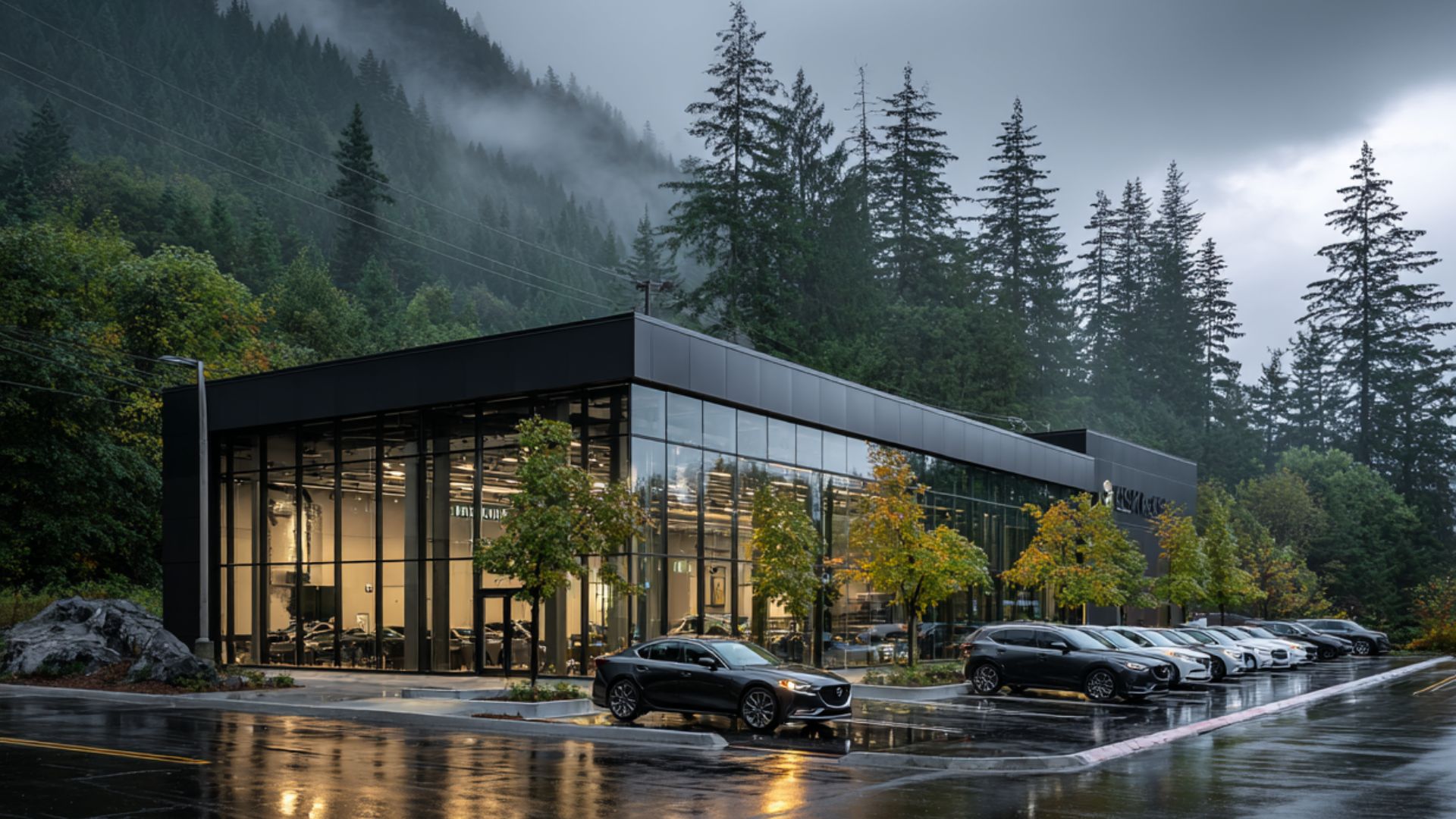A mid-size Mazda dealership on the West Coast, known for strong local ties and reliable service, noticed troubling patterns in its service lane. Despite steady appointment volume, retention rates were slipping—long-time customers were drifting to independents or skipping service altogether.
The Challenge
Industry-wide findings revealed the root of the problem:
- More than 80% of service advisor calls go unanswered, particularly during high-demand times like Monday mornings.
- Average follow-up takes nearly a full day, leaving customers waiting for updates.
- Up to 40% of inbound calls are simply status checks that could have been prevented by proactive communication.
For the Mazda dealership, this translated into:
- Frustrated customers who felt ignored.
- Advisors tied up in reactive callbacks instead of providing in-person care.
- A widening trust gap that eroded long-term service loyalty.
Strategy & Implementation
The store implemented a two-pillar strategy:
1. Proactive Status Updates
- Automated SMS/email updates kept customers informed when vehicles hit milestones: check-in, inspection, parts arrival, and service completion.
- Advisors intervened only for exceptions or delays, reducing repetitive calls.
2. Rapid Response Commitment
- Set a new benchmark: every voicemail or missed call returned within one business hour.
- Rolled out a “quick connect” system to reroute overflow calls to available staff during peak periods.
- Installed a live dashboard tracking unanswered calls to ensure accountability and redistribute workload in real time.
Outcomes
- Status-related inbound calls dropped by ~40% as customers no longer needed to chase updates.
- Callback times improved drastically—from nearly 24 hours to under an hour.
- Advisors reported a lighter call burden and more time for meaningful customer interactions.
- Surveys reflected higher customer satisfaction, and retention rates began recovering.
Key Takeaways
- When customers have to call for updates, you’ve already lost ground. Proactive messaging solves this.
- Speed restores trust. Moving from nearly a day’s delay to under an hour shows customers they matter.
- Automation + people is the winning formula. Systems handle routine updates; staff handle complex cases.
- Visibility drives accountability. Real-time tracking of missed calls prevents service bottlenecks.
Final Thoughts
By tackling unanswered calls, slow follow-ups, and reactive communication head-on, this Mazda dealership turned a looming retention crisis into a competitive advantage. Customers got what they wanted most: clear, timely updates without having to chase them—an experience that keeps them coming back.
